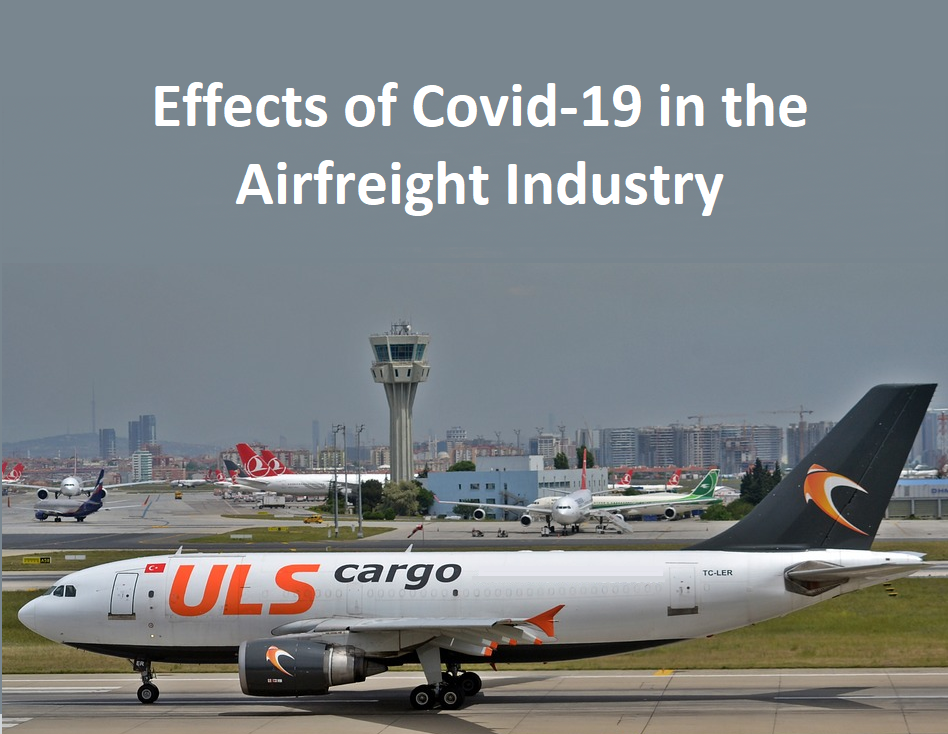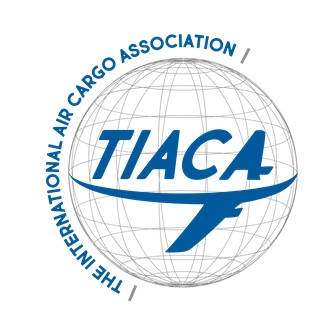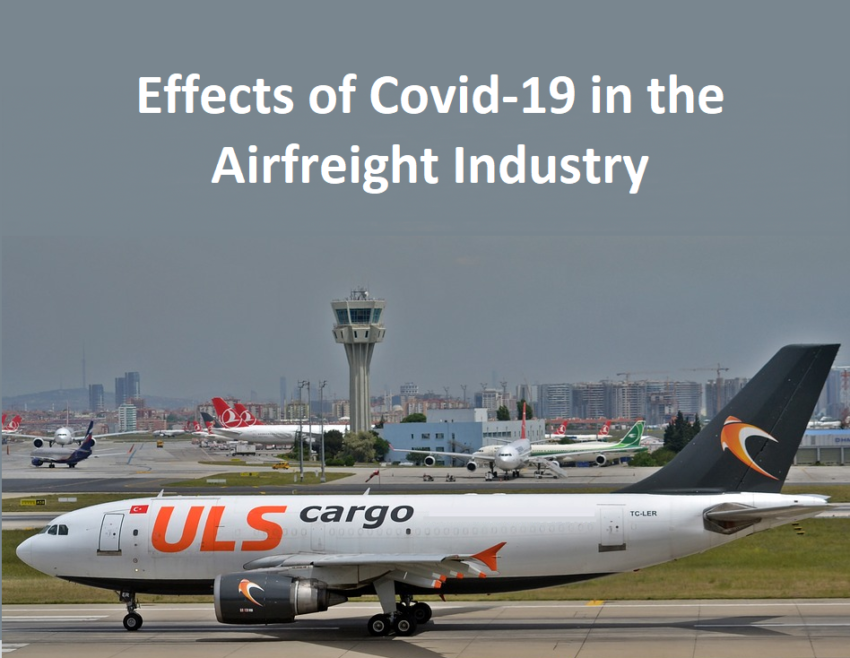As a result of the COVID-19 pandemic, several flights both domestic and international have been cancelled the consequence of which is exorbitantly high air cargo rates while logistics professionals all around the world are trying to cope with the problem of shortage of space in the cargo flights. In this post, we are going to discuss all the latest developments in the air-cargo sector ever since the pandemic began earlier this year.
-
Shippers are depending more on dedicated freighter planes
Even before the epidemic happened, around 40% of the international air cargo was transported in the cargo hold of the passenger planes. The baggage load of the passengers was so far being used by the airlines for carrying a substantial volume of freight. Nevertheless, the situation has now altered as limited passenger flights are operating and because of this, the shippers are depending more on dedicated freighters.
-
Passenger planes are now used for moving freight
As a result of the severe shortage of cargo flights, the airlines are now using passenger planes to transport cargoes. These days the seats of the passenger flights are removed to accommodate more shipments and they are often being employed for cargo-only operations. Around 20 Airline companies including Qatar Airways, Delta, Cathay Pacific, etc are already renting their passenger flights solely for the movement of air cargoes. Several logistics companies including some of our members have chartered passenger flights for moving PPE products, healthcare items, and essential commodities.

-
Low fuel price environment
On the positive side, the relatively low price of fuel has reduced the operational expenses to a certain extent and the airlines are using less fuel-efficient planes like Boeing 747 for movement of freight. Both Airbus and Boeing are utilizing the older models of their airplanes for transporting healthcare items and PPE equipment.
-
High demand for cargo flights from China
There is a heavy demand for masks, gloves, testing kits and other healthcare and personal protection items from China (where the number of cases has lowered) to other countries of the world. This is why many freight forwarders have started operating chartered flights from China to the rest of the globe. The logistics companies are now on the lookout for the easiest ways of distributing the PPE kits and medicinal products to the global supply chain. Sending out air cargo via chartered flights is hands down the best option in this scenario.
-
Obstacles to unhindered air cargo operations
In addition to the lockdown, closed borders, and other travel restrictions, we have many other factors that are working against the smooth functioning of air cargo operations. These factors are:
- The bilateral and multilateral treaties which are limiting the efficient allocation of emergency items.
- The airlines need to be even more resilient with the geography of the flights.
- The airlines should prioritize the slots according to the importance of the freight being transported since there is a perpetual shortage of slots.
- The possibility of the flight crew and the staff being placed under quarantine is further adding to the problems.
The opinion of TIACA (The International Air Cargo Association):

Meanwhile, the International Air Cargo Association has compiled ‘A Working Document on a Post COVID-19 Recovery Path’ in which you will find the answers to all the pertinent questions related to the air cargo industry and find how its activities are being changed because of the crisis. As said by Vladimir Zubkov, (Secretary General of TIACA) in an interview published on International Airport Review, “TIACA sees its role to permanently promote the air cargo industry. The organisation is focused on reaching out to governments and reminding them that air cargo is a significant contributor to the global economy and international trade and that it plays a very important role in preventing and battling the disastrous effect of coronavirus. The value of air cargo to airlines, governments, shippers, and consignees has become more evident in the response to the COVID-19 crisis.” On being asked about the upcoming role of the air cargo industry, Mr. Zubkov answers, “One of the key tasks is to safeguard the functionality of the air cargo supply chain to the maximum extent possible. A presumably stable element in recovery scenarios, air cargo will play a significant role in supporting the recovery of the global supply chain and the economy. One important condition is the facilitation and flexibility of rules.”


